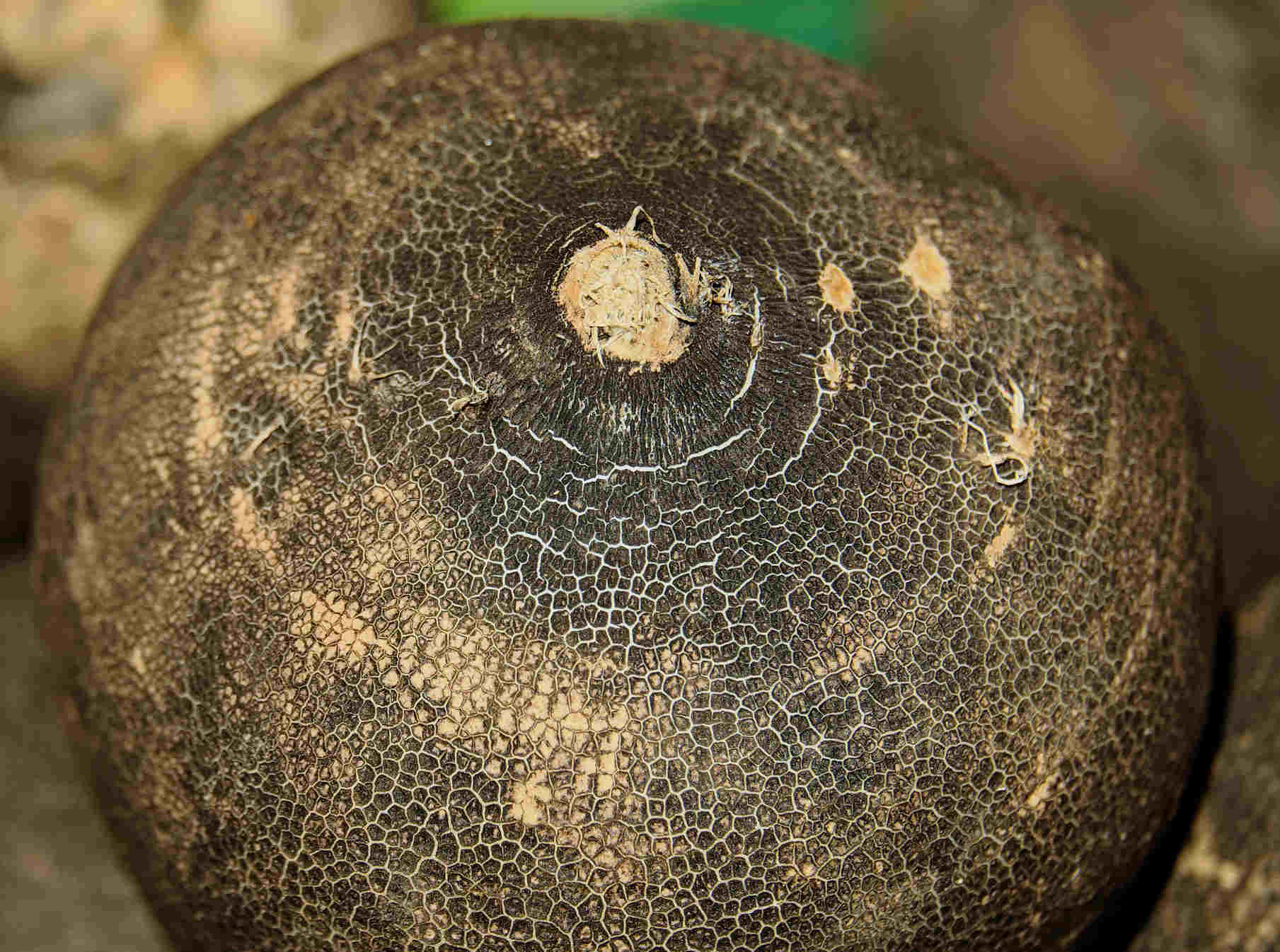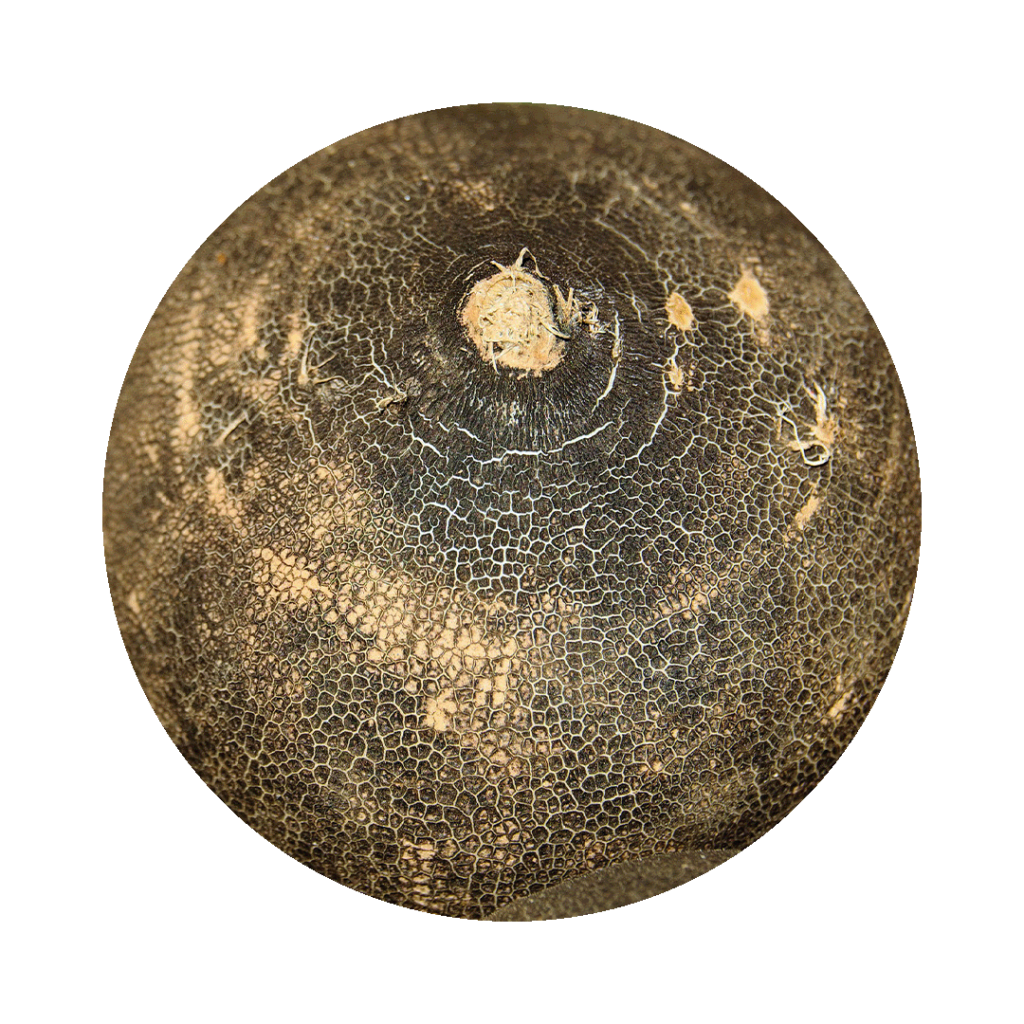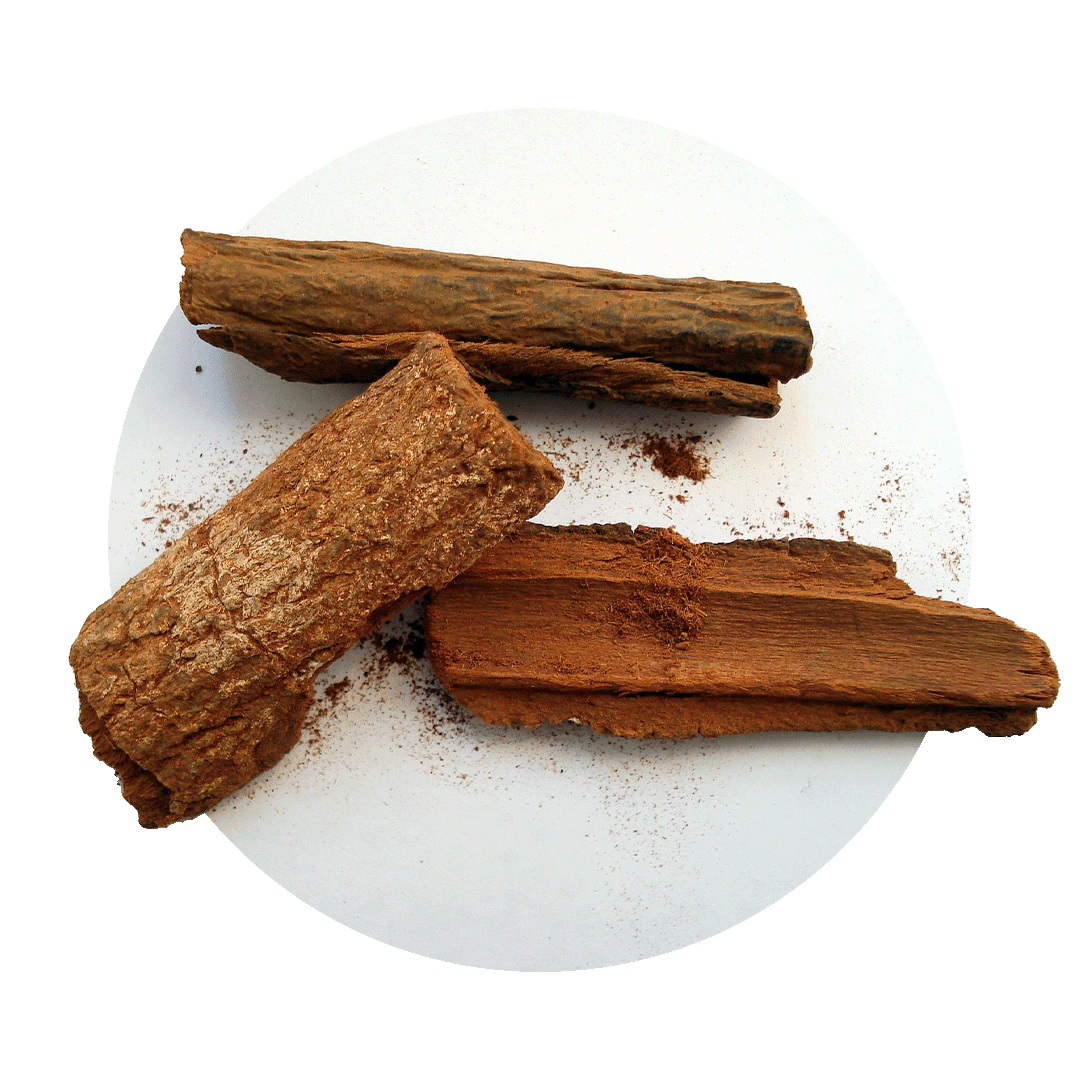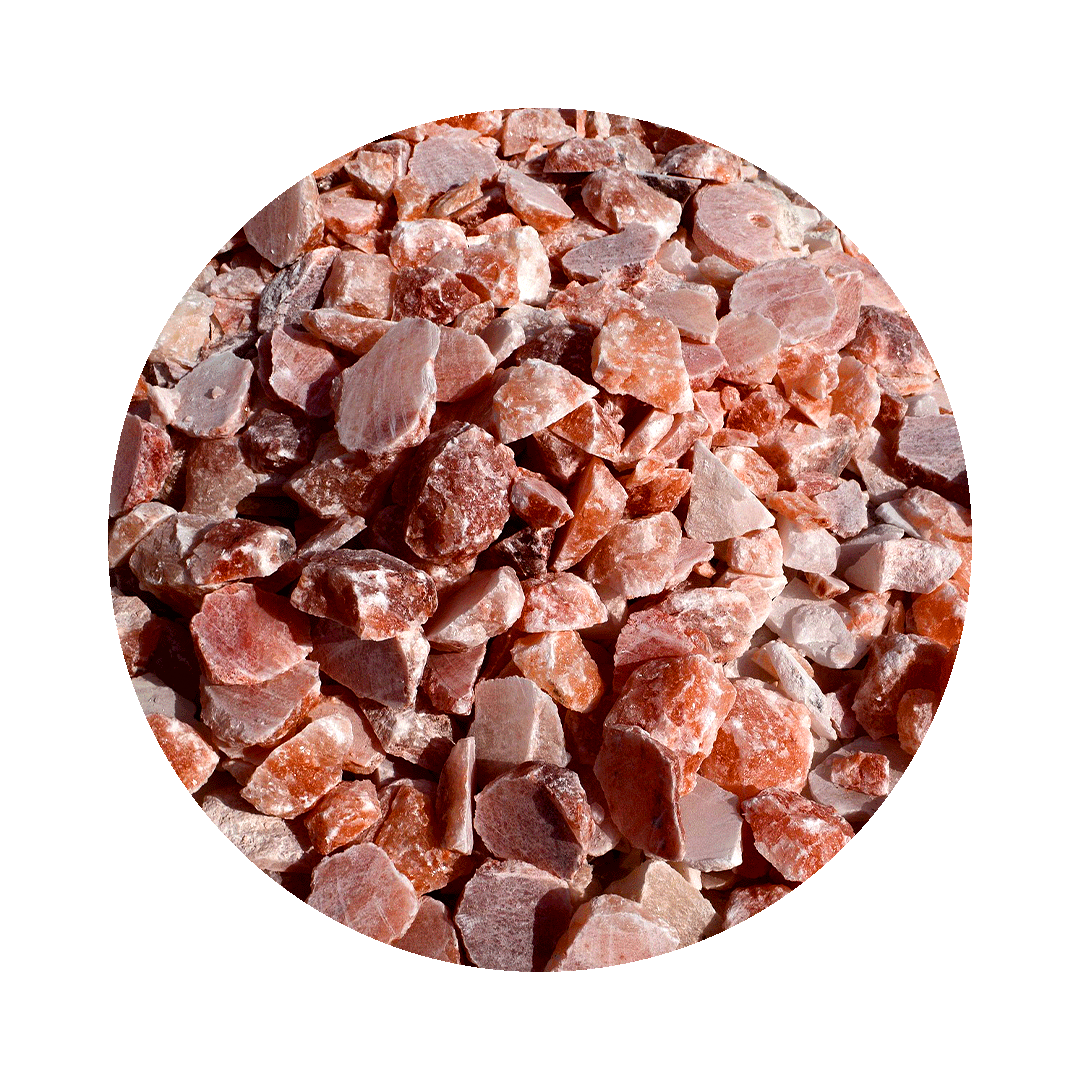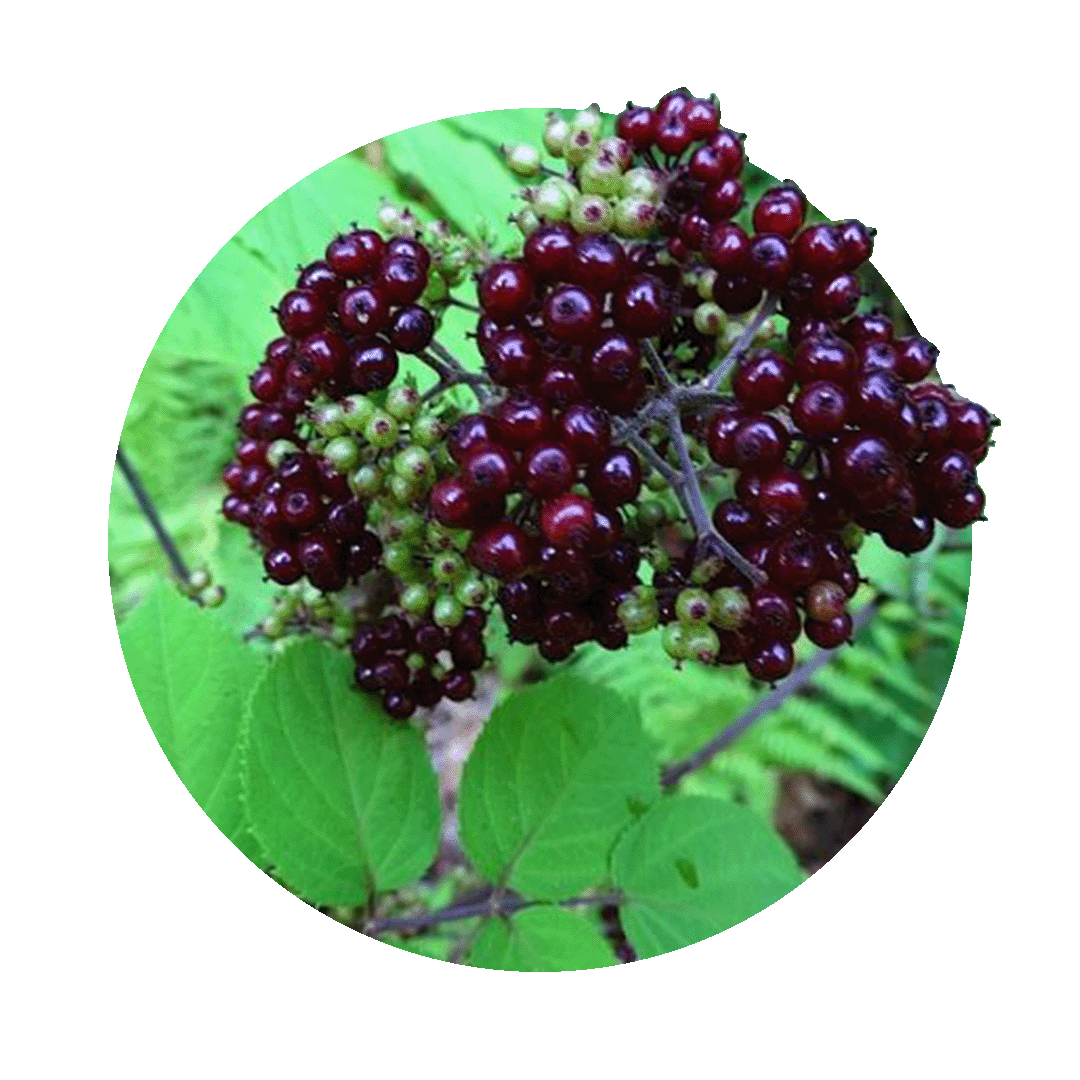Black radish: Antimicrobial and digestive
Black radish is a variation of the normal edible radish. Its ingredients make it a potent medicinal plant and in our latitudes it has been used as such for a very long time. Nowadays it is certainly used more in the kitchen than in medicine, but its antimicrobial properties have brought it back into awareness in recent years as a herbal antibiotic.
Black radish facts
Did you know that...
... the construction workers in ancient Egypt ate radish to stay healthy?
... is a cultivated plant, which was probably grown from the heather plant?
... you have to harvest the ripe radish quickly, otherwise it shoots into the weeds and is unusable?
What is black radish?
The radish is an annual herbaceous plant that develops strong roots in its final growth phase. There are variations with round or elongated roots. In the black radish, the root is quite firm, almost a little woody. It grows up to 500 grams and can be eaten. The leaves are also edible and are enjoyed as a salad. It is important to quickly harvest the radish when it is ready to be harvested. Otherwise, the plant shoots into the herb and the root becomes unusable. To ensure this throughout the development, care should be taken that the plant never gets too much light and heat.
General and medicinal properties of Raphanus sativus
Antimicrobial
Radish is antimicrobial. Its mustard oils act against bacteria, viruses and fungi, helping to treat existing infections or prevent infections. You get sick less and can overcome existing infections faster.
Cholagog
Radish is cholagogue. It stimulates the flow of bile from the gallbladder to the intestine and thus positively affects digestion. The enzymes in the intestine can do their job better and the digestion will improve noticeably.
Expectorant
Radish is expectorant. Its ingredients stimulate blood circulation in the mucous membranes. These regenerate, repel old mucus and regulate their activity to a normal level. Mucus is thus reduced and the bronchial tubes are freed up again.
Raphanus sativus: Ingredients
The radish contains a variety of trace elements, enzymes and minerals. The following substance are therapeutically primarily effective:
- Mustard oils and mustard oil glycosides
- Magnesium
- Vitamin C
Black radish: effect for body and mind
For the human body, the black radish has a great, medicinal significance. Due to its ingredients, it has a strong antimicrobial effect and can be used for viral, bacterial and fungal infections. It also promotes the flow of bile and the activity of the bile ducts. Thus, it basically stimulates the digestion of the organism. Due to its mustard oils, it has a very strong influence on the mucous membranes, stimulates them to regenerate and thus has an expectorant effect.
Raphanus sativus properties
- expectorant
- antimicrobial
- cholagog
- antispasmodic
- anti-inflammatory
- ejecting
Areas of application in naturopathy: black radish
The various effects of radish give rise to some therapeutic indications for which it is successfully used in practice.
Raphanus sativus for digestive problems
The radish stimulates the flow of bile. Therefore, more bile flows into the intestine and activates digestion. Its mustard oils are also effective against unwanted pathogens and help to gently cleanse the intestines. Digestion will thus normalize and digestive discomfort will pass.
Black radish for oily skin
With its mustard oil glycosides and antioxidant effect, the radish can help with oily skin. It stimulates the metabolism of the skin from the inside and helps to heal inflammations of the skin. The skin can thus regenerate better, looks fresher again and makes a healthier impression.
Raphanus sativus for flatulence
Flatulence is often caused by faulty colonization of the intestine with intestinal bacteria. These form gas and thus bloat the person. The radish acts against these intestinal pathogens, stimulates digestion and regenerates the mucous membrane of the intestine. Thus, flatulence decreases and digestion is regulated again.
Black radish for inflammation of the upper respiratory tract
Due to its antimicrobial properties, it is good to take radish syrup for inflammation of the upper respiratory tract. Its active ingredients act against pathogens and regenerate affected mucous membranes. They calm down again, mucus production normalizes and irritation disappears. You can breathe freely again and cough up the mucus that is too much.
Raphanus sativus for cough
The radish, with its mustard oil glycosides and essential oils, has a good effect on the air and respiratory tracts. Especially in case of cough, it can therefore be taken to soothe them. At the same time, its ingredients act against common pathogens and kill them. The mucous membranes of the respiratory tract can recover and excess mucus can be coughed up more easily, so that the irritation of coughing quickly subsides.
Notes on the use of black radish
Black radish can be taken as a component of complex preparations, fresh syrup or pressed juice. Depending on the acute nature of the event, up to 100ml of fresh juice may be taken throughout the day. Of course, it can be grated and eaten in salads. However, it should be peeled and lightly salted beforehand.
Raphanus sativus during pregnancy & lactation
The radish may also be taken during pregnancy. The nutrients are also healthy for the child and a harmful effect is not expected.
Raphanus sativus for gallstones
If you have gallstones, you should refrain from taking it. The radish may cause the stones to pass with acute obstruction of the bile duct.
Discover our sprays
With natural methods such as the individual spagyric sprays from Zimply Natural, complaints can be treated and sustainably alleviated.
Use healing power of black radish
Use the healing power of black radish and our other 100 medicinal plants for the natural relief of your ailments. Improve your well-being and support your body, mind and soul! Use our configurator to create your personal spagyric spray, which is tailored to your needs and accompanies you on your natural path to the improvement of body, mind and soul.

